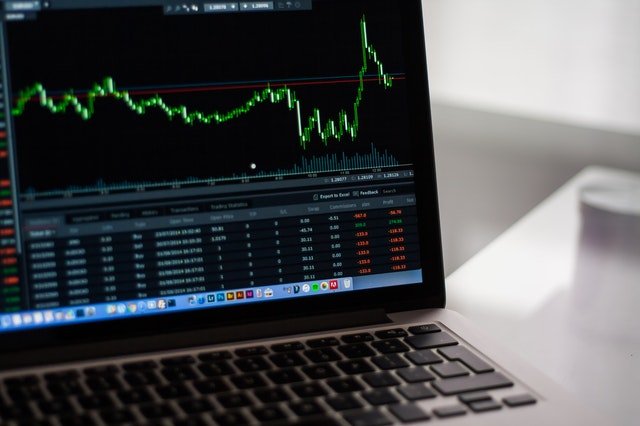CFD vs Stock: What to choose?

In nature there are many options for investing for your future, including stocks and a contract for difference or CFD, which is increasingly popular now. But not everyone knows what it is and how to put it into practice. In our article we’ll consider the difference between CFD vs stock.
CFD: concept and essence
CFD is a contract for difference. It stands for financial trading instrument where the investor conducts a transaction with a broker. Under this contract, the investor is required to pay the seller the difference between the current value and the prices at the end of the contract of a certain asset.
CFD doesn’t provide ownership of the asset, as the investor doesn’t try to acquire it, but only plays on price fluctuations and pays the exchange.
The underlying assets for CFDs include stocks, commodities, foreign currencies and other securities. The CFDs on shares are called CFD Stocks.
CFDs are most commonly used in high-leveraged trading, as CFDs are inherently a high leverage instrument. Investors can receive commissions from transactions, but they aren’t required to invest money.
Other uses of CSDs involve active trading. Investors can speculate on fluctuations near future market for specific assets and invest in CFDs for quick returns. Investors and asset managers also sometimes use CFDs to hedge stock portfolios.
Pros:
- investors can take advantage of assets at a lower price than actually buying them;
- any positions can be traded;
- high-leverage trading on margin;
- access to assets of different markets around the world.
Cons:
- high-risk instrument;
- low regulations level;
- low liquidity.
What are stocks?
Stocks are the ownership of a fraction of the company’s earnings whose shares are listed on a particular stock exchange. Due to this, shareholders acquire ownership of the company’s assets and profits in accordance with the number of shares at their disposal.
Such shares may be traded on stock exchanges-the London Stock Exchange or the New York Stock Exchange.
Traditionally, stocks are seen as a long-term investment, since under stable conditions the price of a stock may increase steadily. This instrument can also yield dividends, which is the profit among the stockholders. It depends on the characteristics of a particular company and on its performance in the market in a certain period of time. Each player can buy and sell CFD vs stock through brokerage firms, and nowadays this is done online.
Pros:
- opportunity to earn high returns;
- high liquidity;
- some stocks can yield passive income;
- easy to buy and sell.




